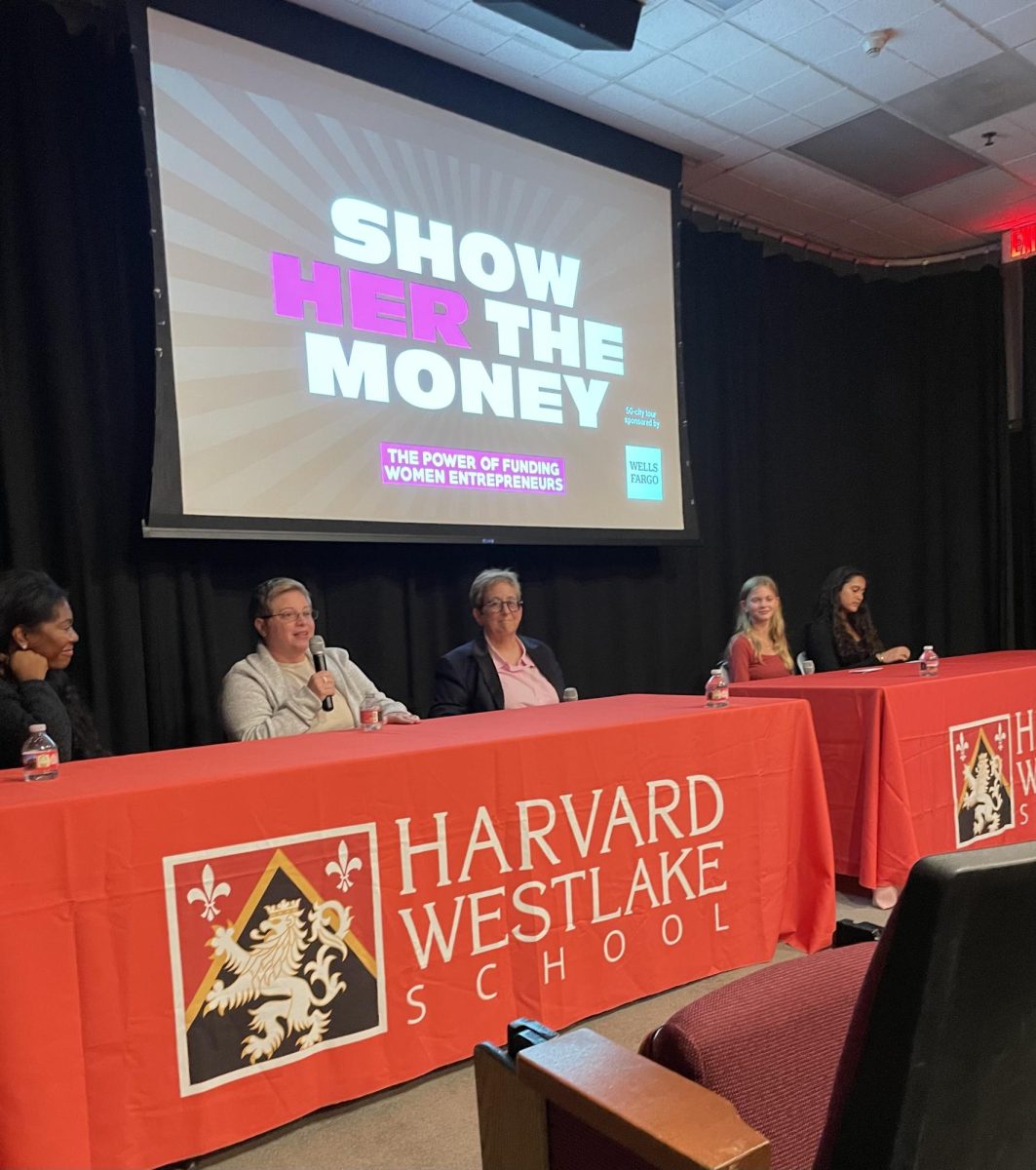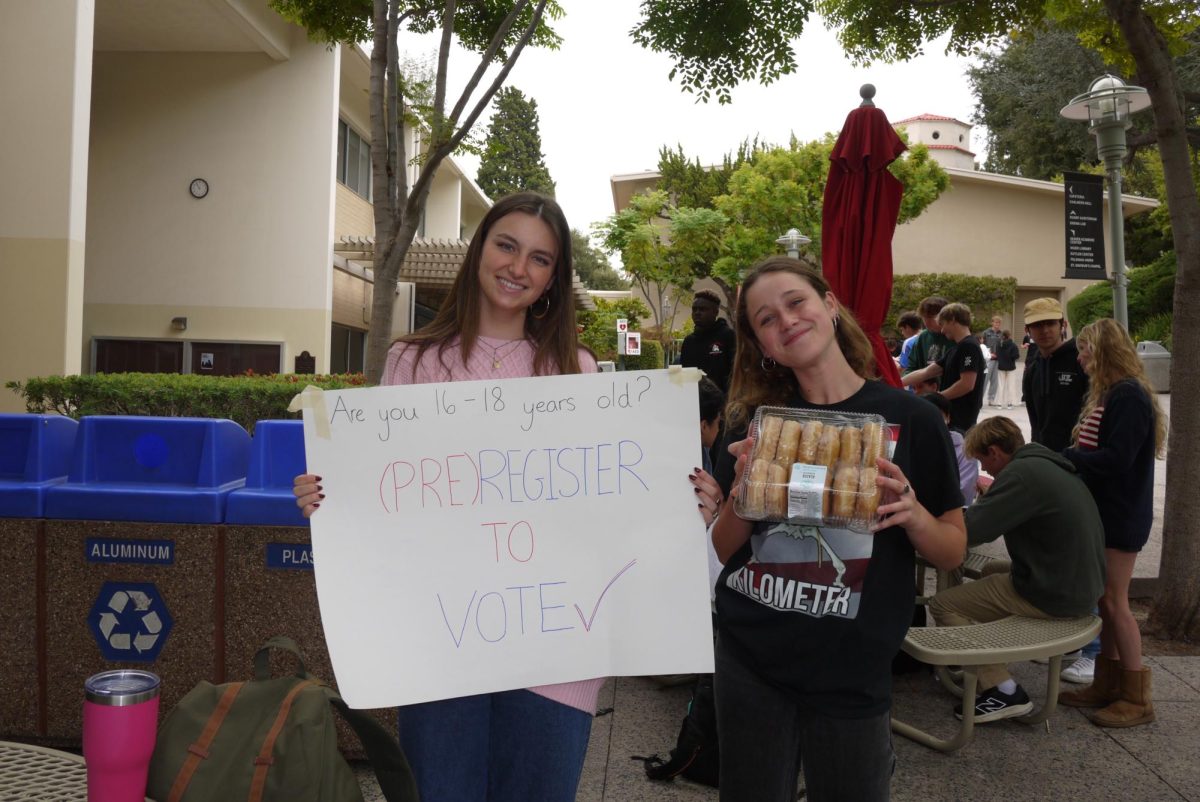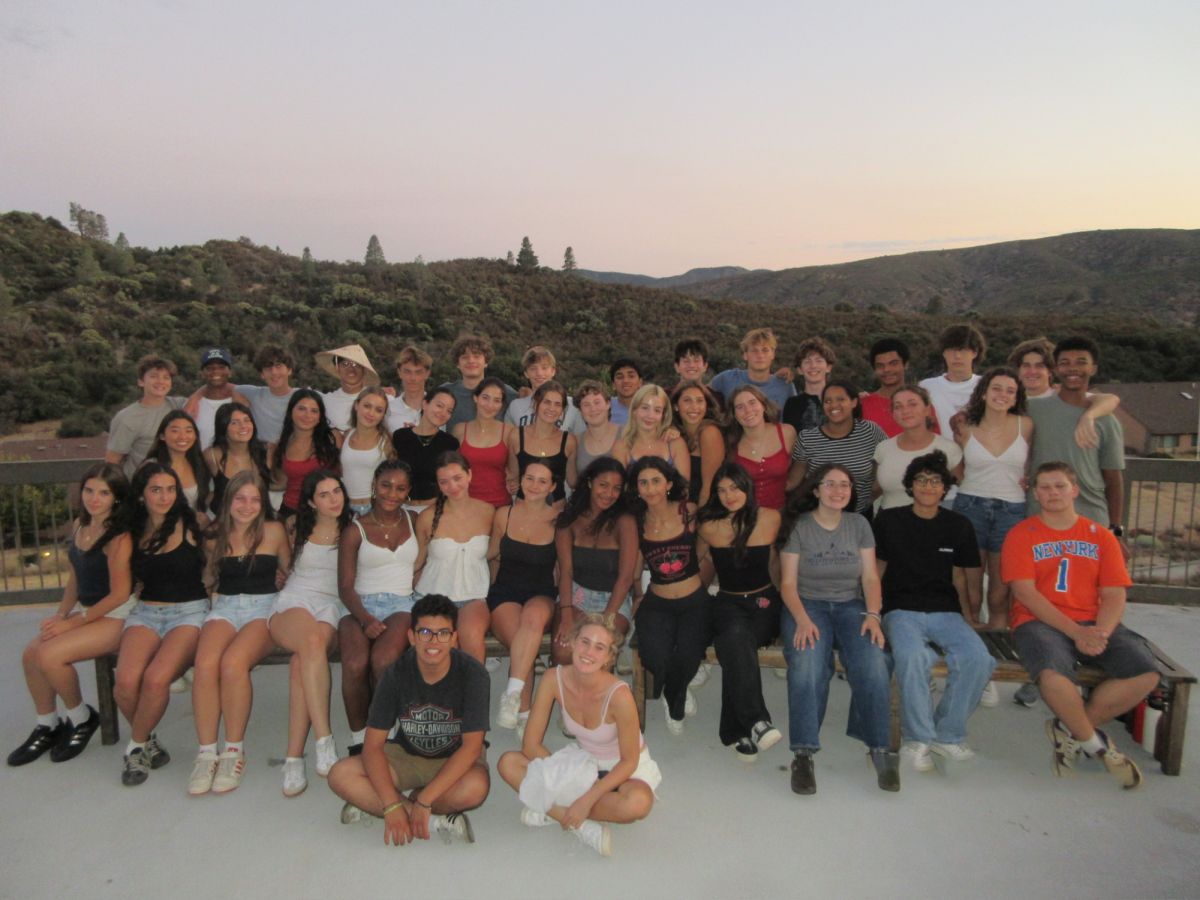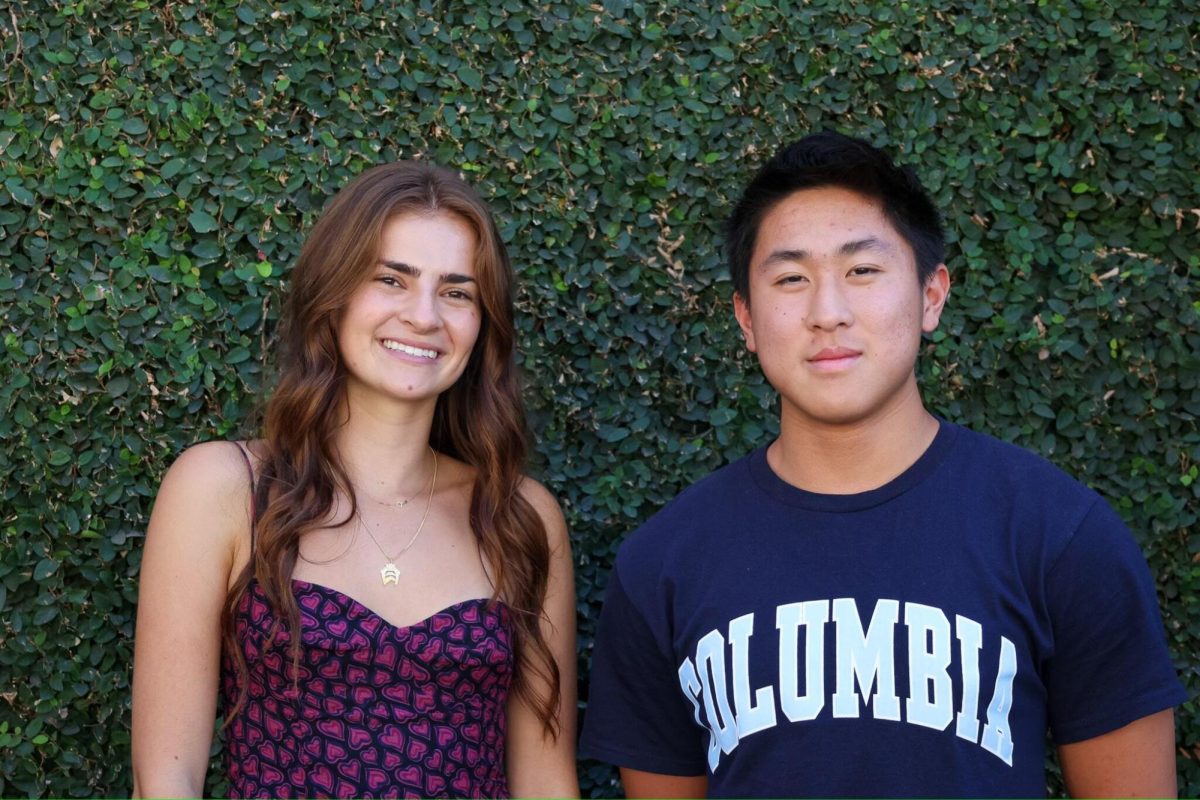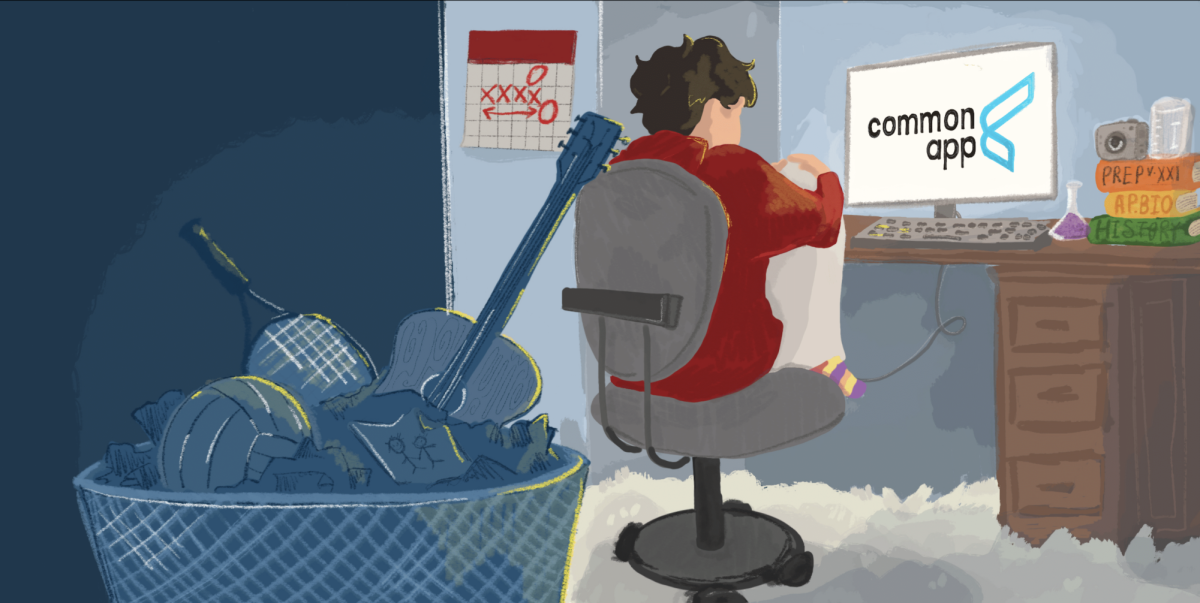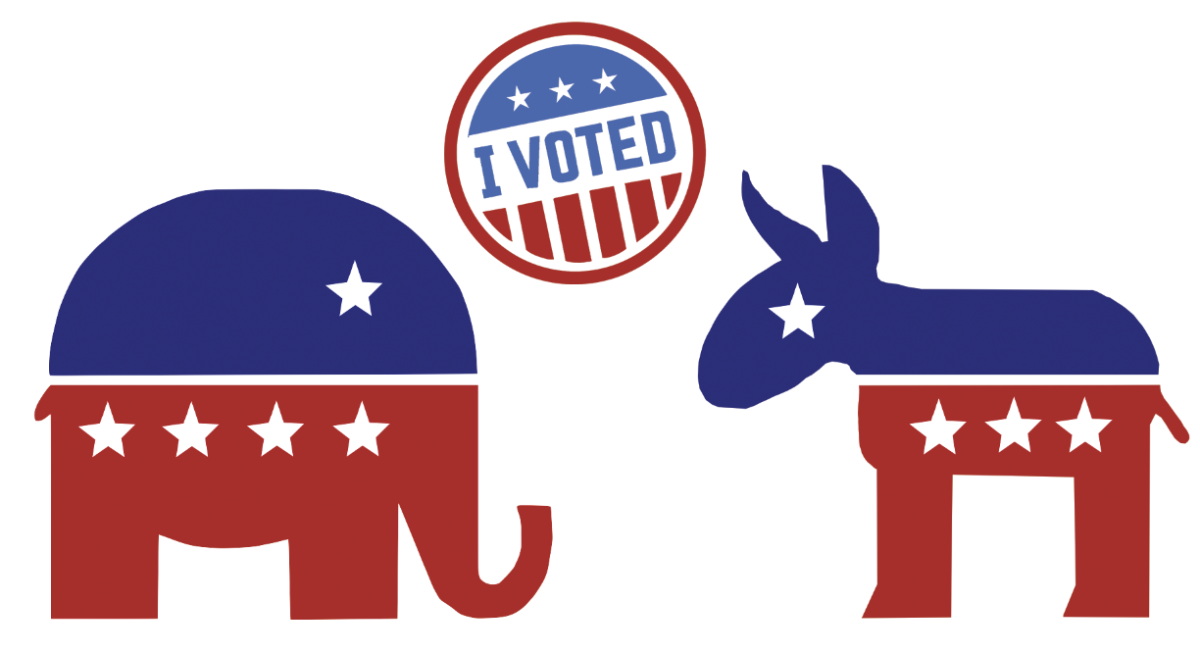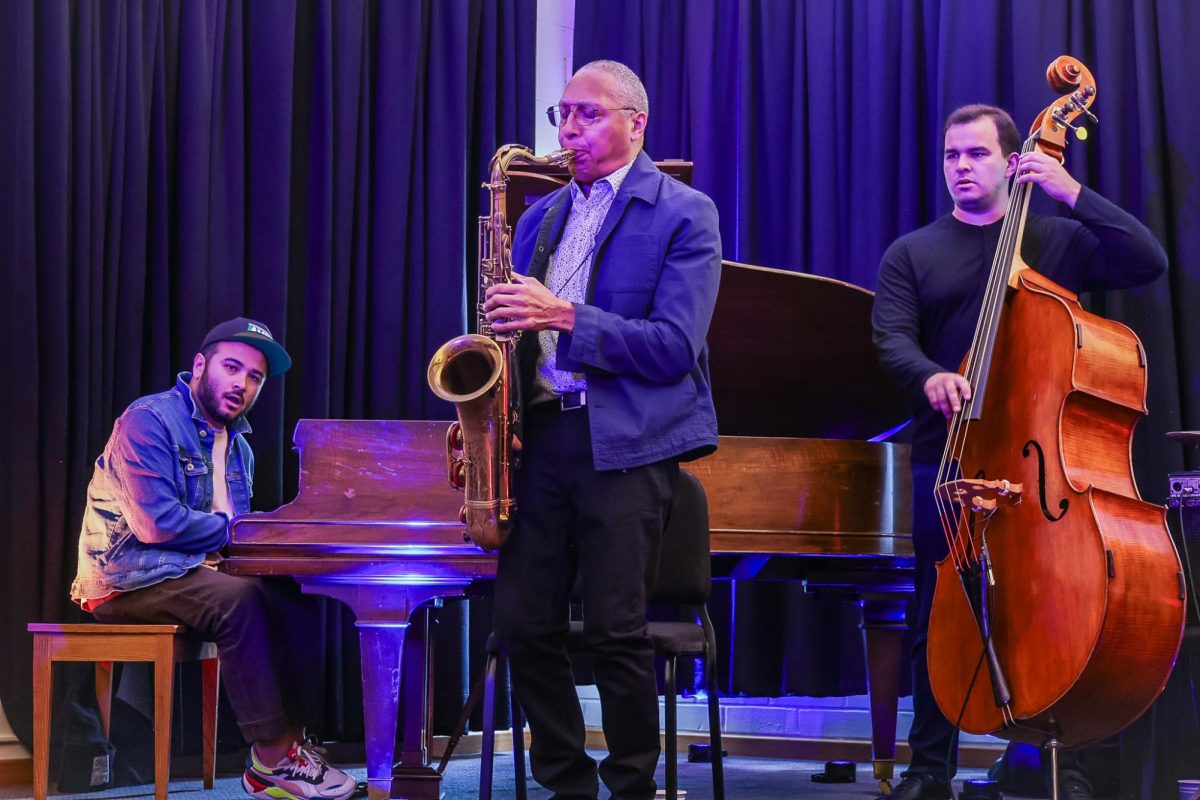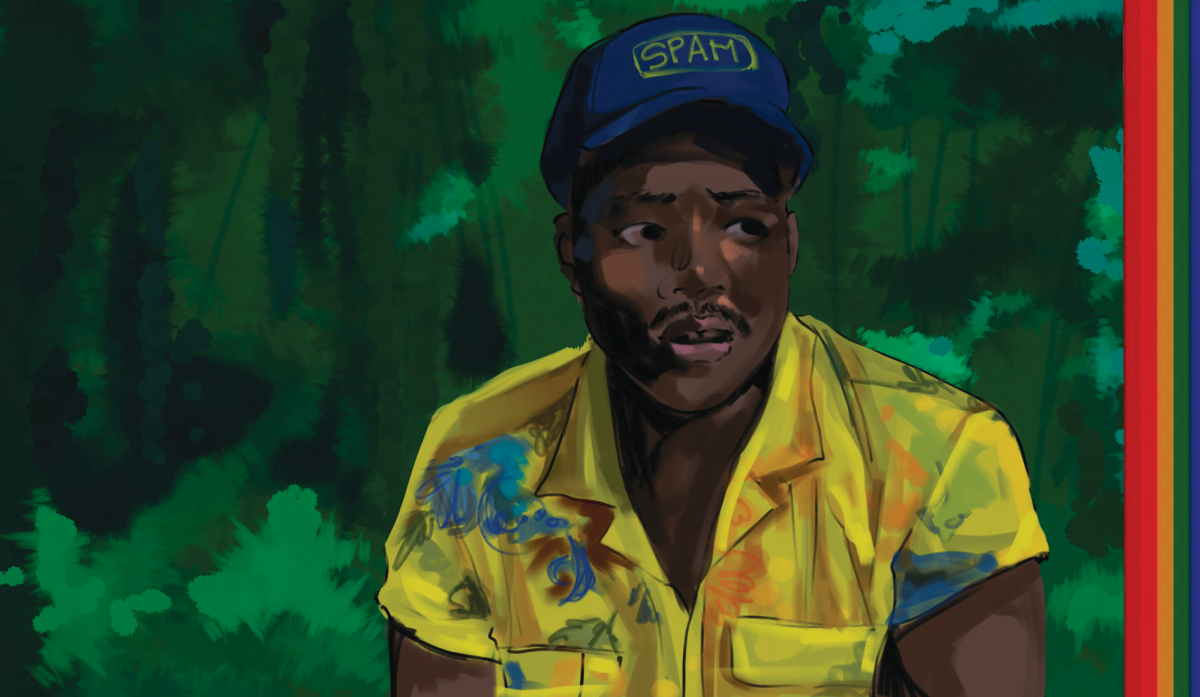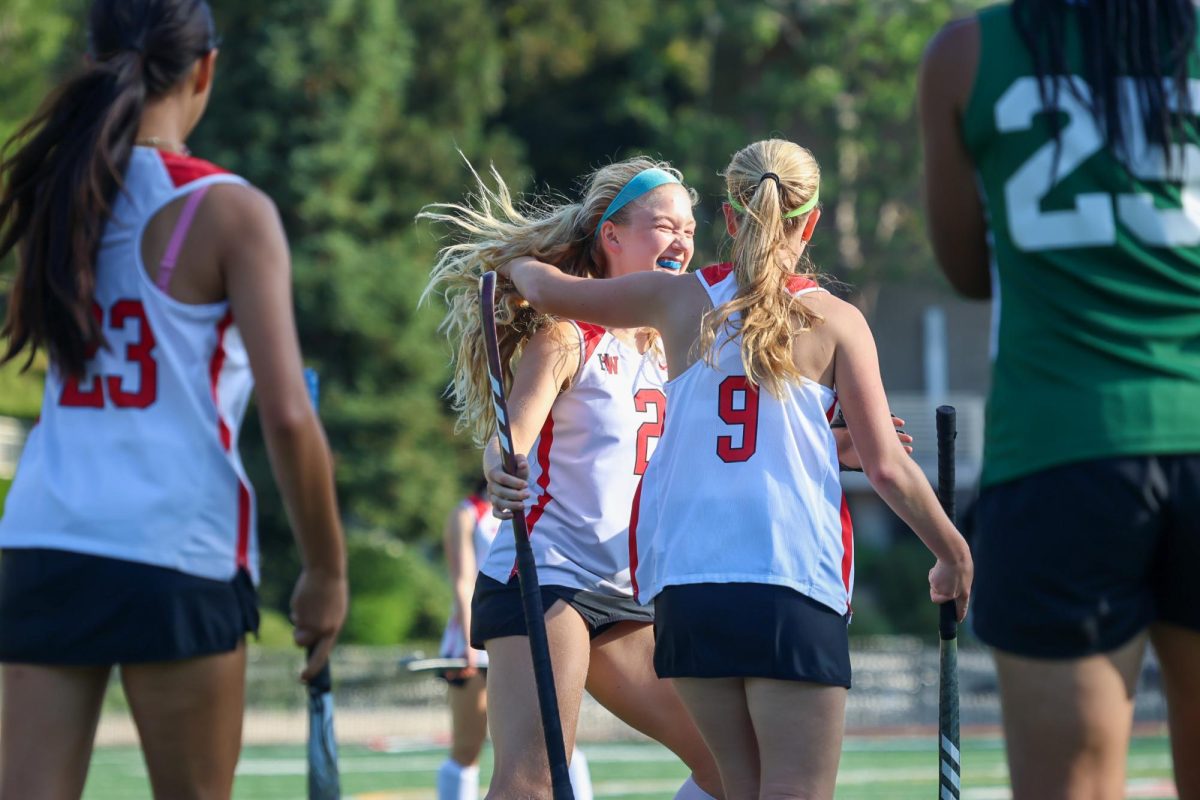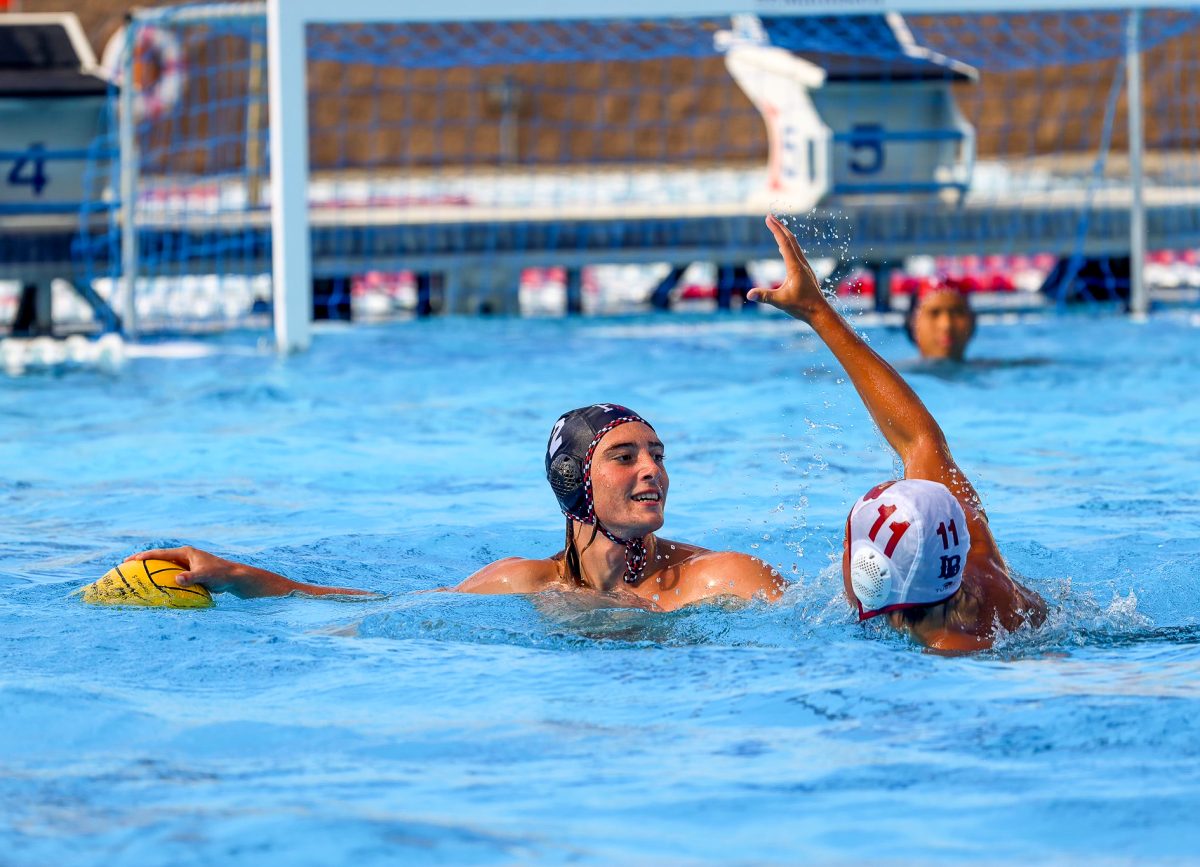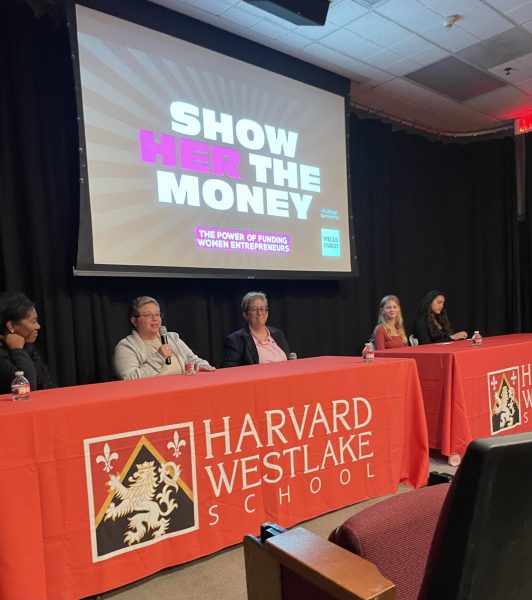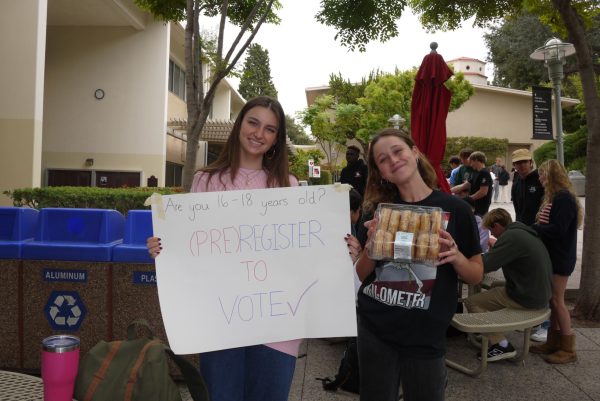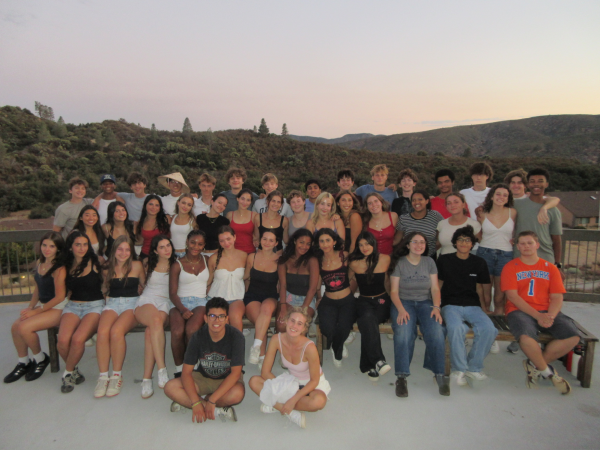SLIDE hosts town halls
Upper school affinity groups and Student Leaders for Inclusion, Diversity and Equity (SLIDE) hosted Town Hall discussions during February for students to talk about Diversity, Equity and Inclusion (DEI) issues that face their communities. SLIDE student leaders who attended the meetings talked with the administration about issues and proposed solutions that were discussed during the town hall discussions.
Middle Eastern Student Association (MESA) leader Lila Daoudi ’24 said the purpose of the Town Halls is to give students a platform to talk about diversity at the school.
“The Town Halls are just supposed to be a safe place for students to have discussions regarding what’s been going on at school, how they feel about diversity on campus, how they feel they’ve been represented or misrepresented, and general things like that,” Daoudi said. “So it’s basically a place for them to air out their grievances or have their voices heard so we can bring it up to [the administration] later on.”
South Asian Student Alliance (SASA) member Riyan Kadribecovic ’25 said she hopes the administration makes changes based on the town halls.
“I definitely hope that the administration can take note of the things that were said in the Town Halls and try to implement some of the suggestions into student life,” Kadribecovic said. “I feel like the general flow of the discussion was really good.”
Each Town Hall was held by two different affinity groups simultaneously. Daoudi said the benefit to having two groups there is to emphasize intersectionality among students.
“If you kind of have one group or community that could potentially create an echo chamber, and you don’t necessarily want to be doing that,” Daoudi said. “And also, allowing for intersectionality leads to better discussions because it allows for a variety of different viewpoints and perspectives.”
Upper school Dean and Latin American and Hispanic Student Association (LAHSO) advisor Celso Cardenas said he hopes the discussions unite students.
“I hope this results in more collaboration between affinity groups and a louder, more unified voice for students,” Cardenas said. “The town hall can provide a powerful space to process feelings and build coalition. This can then be transformative in terms of how groups come together and the work that they can do on a united front. I am excited to see more of this in the coming months.”

